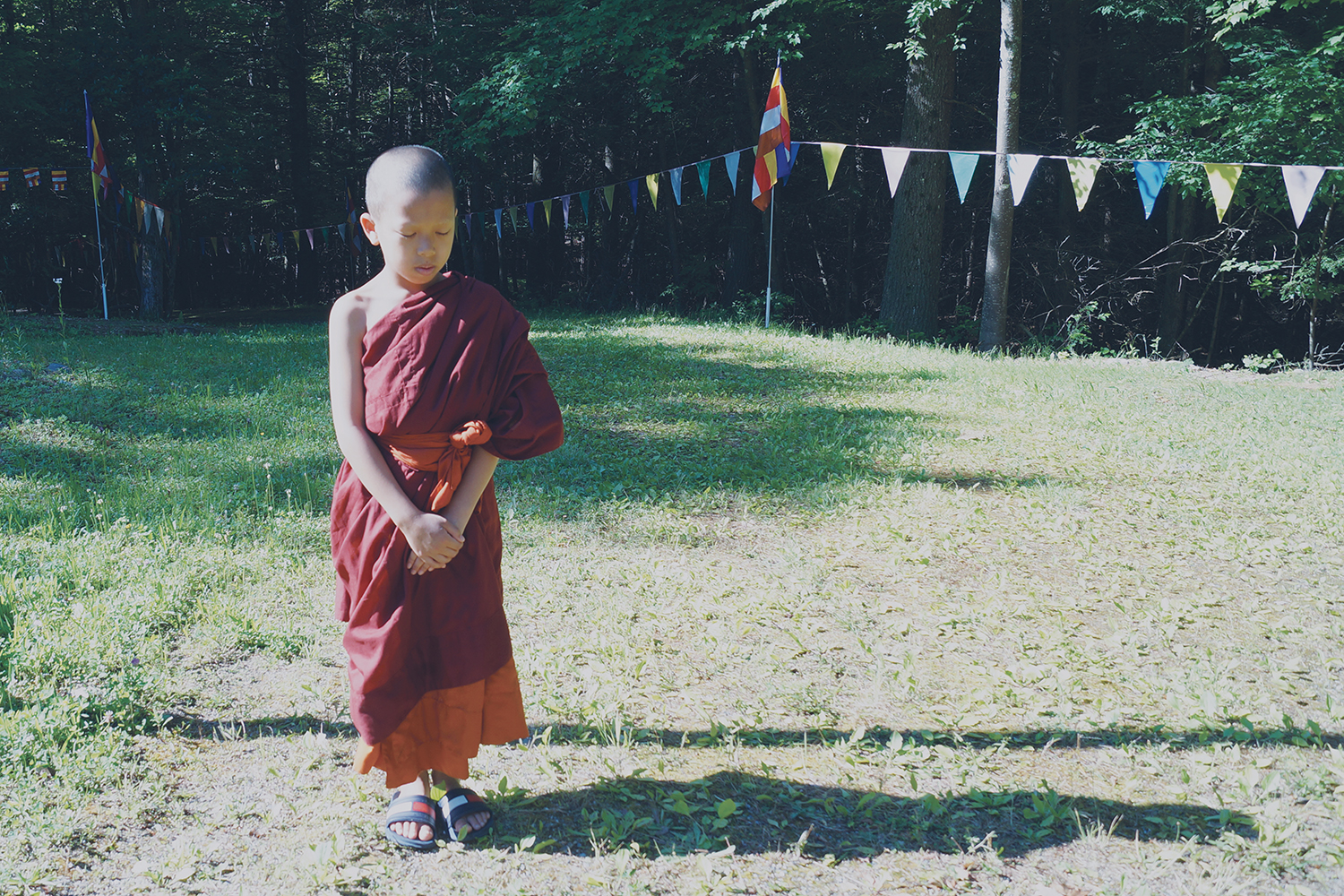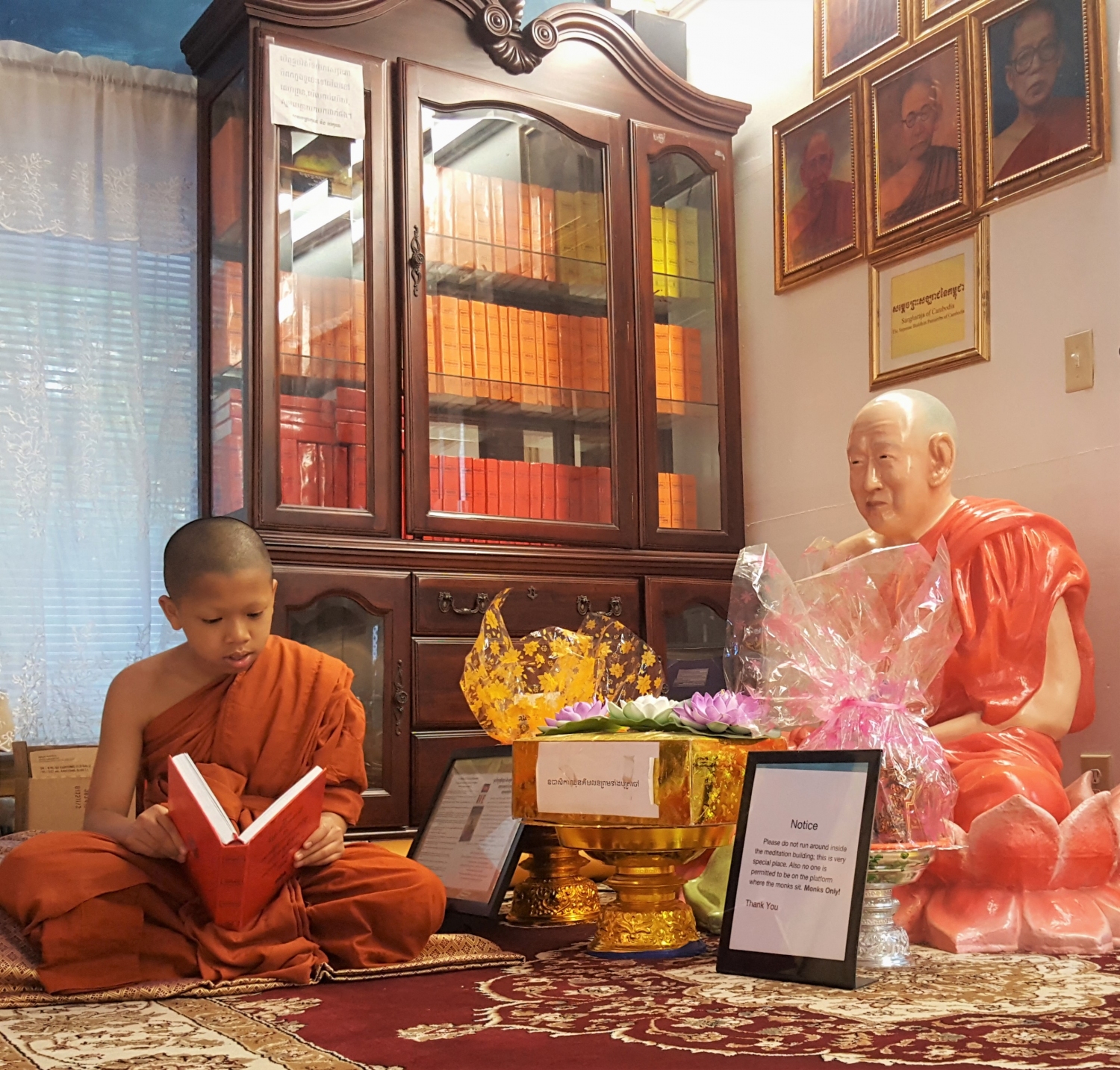The importance of human life
If we realize, “I am a human being. A human being can do anything,” this determination, courage, and self-confidence are important sources of victory and success. Without will power and determination, even something that you might have achieved easily cannot be achieved. If you have will power and reasonable courage — not blind courage but courage without pride — even things that seemed impossible at a certain stage turn into being possible because of continuing effort inspired by that courage. Thus, determination is important.
How can this be developed? Not through machines, not by money, but by our own inner strength based on clear realization of the value of human beings, of human dignity. For, once we realize that a human being is much more than just material, much more than just money, we can feel the importance of human life, from which we can feel the importance of compassion and kindness. ~ 14th Dalai Lama











